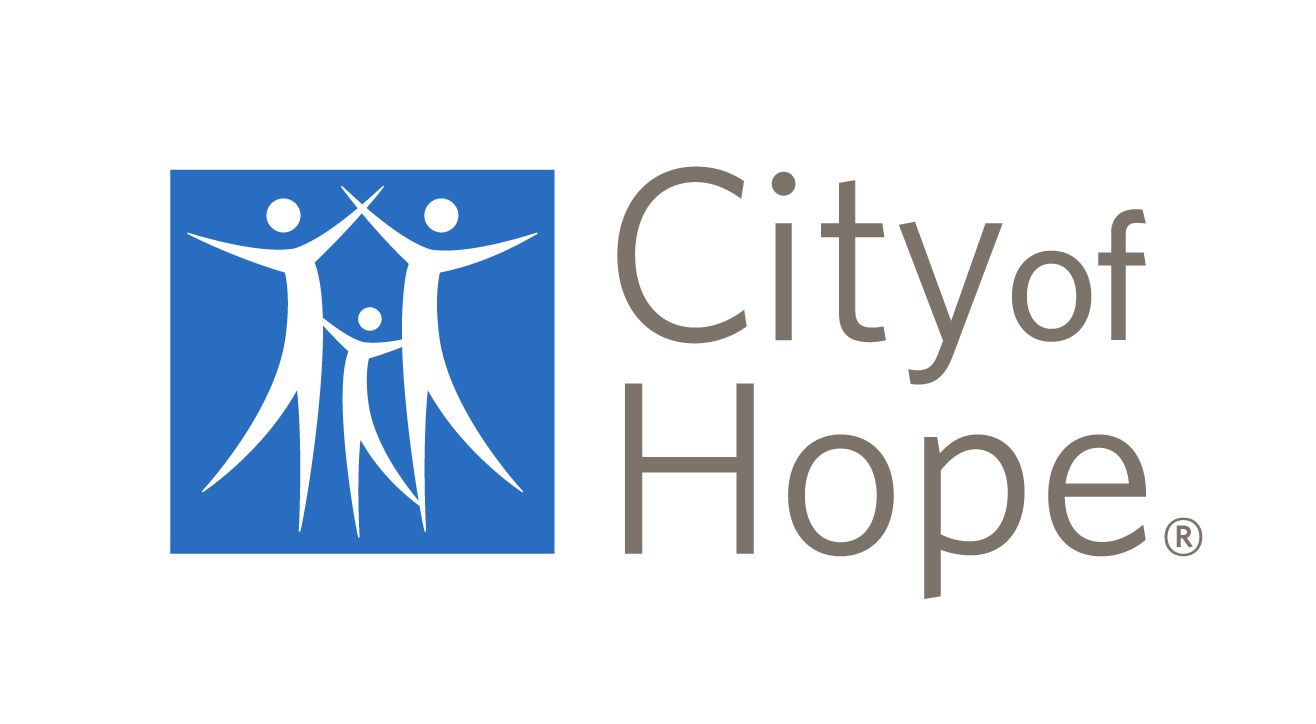- Advertise
- About OncLive
- Editorial Board
- MJH Life Sciences brands
- Contact Us
- Privacy
- Terms & Conditions
- Do Not Sell My Information
2 Clarke Drive
Suite 100
Cranbury, NJ 08512
© 2025 MJH Life Sciences™ and OncLive - Clinical Oncology News, Cancer Expert Insights. All rights reserved.
ALK Inhibitors Continue to Reshape Treatment in NSCLC
Ravi Salgia, MD, PhD, discusses the evolving role of ALK-directed therapies for patients with non-small cell lung cancer.
Ravi Salgia, MD, PhD
It is an exciting time in the treatment landscape of ALK-positive non—small cell lung cancer (NSCLC), as there have been a number of regulatory decisions and clinical trial findings with regard to ALK-specific tyrosine kinase inhibitors (TKIs), explains Ravi Salgia, MD, PhD.
Most recently, the FDA granted a priority review designation to a new drug application for lorlatinib for use in patients with ALK-positive metastatic NSCLC who have progressed on 1 or more ALK TKIs. Under the Prescription Drug User Fee Act, the FDA is scheduled to make its final decision by August 2018.
The designation follows the November 2017 FDA approval of alectinib (Alecensa) for the frontline treatment of patients with ALK-positive NSCLC. This addition to the armamentarium joined brigatinib (Alunbrig) and frontline ceritinib (Zykadia), which were approved by the FDA in April 2017 and May 2017, respectively. Crizotinib (Xalkori) was the first ALK inhibitor approved by the FDA, gaining approval in August 2011.
The frontline alectinib approval was based on results from the phase III ALEX study, in which alectinib reduced the risk of disease progression or death by 47% compared with crizotinib (HR, 0.53; 95% CI, 0.38-0.73; P <.0001). The overall response rate with alectinib was 79% versus 72% with crizotinib. The complete response rates were 13% versus 6%, respectively, and the partial response rate was 66% in both arms.
OncLive: Can you speak to how newer ALK inhibitors are being developed to counter resistance?
In an interview during the 2018 OncLive® State of the Science SummitTM on Non—Small Cell Lung Cancer, Salgia, who is the chair of medical oncology at City of Hope, discussed the evolving role of ALK-directed therapies for patients with NSCLC.Salgia: I discussed many ALK trials in NSCLC. I was one of the physicians involved in bringing crizotinib to fruition. When we designed the clinical trial initially, that was the compound known as PF02341066. Based on that, it was supposed to be a MET inhibitor, which it is, but then we also realized with our colleagues that it was an ALK inhibitor. That is how the phase I clinical trial was done that was published in the New England Journal of Medicine. Ultimately, it became FDA approved because there was such a strong progression-free survival (PFS)—even in third-line, fourth-line, and fifth-line therapies—with crizotinib.
Can you speak to the importance of sequencing?
There was a study of genomic profiling of patients with NSCLC in 15 community practice settings in New Jersey and Maryland. That study revealed that there was a significant underuse of genomic testing. Is there a gap of physicians testing for a select few mutations when they should be testing for all mutations?
Is there anything else you would like to add?
It is a great time in this landscape because there are other TKIs for ALK-positive patients, such as ceritinib, brigatinib, and alectinib. Clearly, alectinib has more central nervous system penetration but the other drugs do, as well. There is a plethora of drugs that have come to fruition and it is time for us to decide how to sequence them.Sequencing is very important. Do you go with the drug that has the largest PFS? Do you go with the drug that has some PFS and then add a second regimen to improve PFS? The sequencing also depends on the mechanism of resistance. What kind of mutations occur? Are there epithelial to mesenchymal transition changes? Are there other changes that one needs to think about in terms of other drugs that could be efficacious? At the same time, are there chemotherapeutics that could be efficacious, as well? For stage IV nonsquamous NSCLC, our recommendation is for genomic testing to be done. That has to be the standard of care. We have to educate everyone on this importance. It is getting better not only due to the guidelines—such as those by the NCCN—but also many practices are now using pathways. That is where the education will be important and will become standardized in the nation. Lung cancer is no longer simply lung cancer in my mind. It is made of many different subsets. You can have a patient with EGFR-mutated lung cancer or you can have an ALK-positive patient, but the radiogenomics of these tumors and the mechanism of metastasis are different. As we think about lung cancer, we should individualize our therapies.
Peters S, Camidge DR, Shaw A, et al. Alectinib versus crizotinib in untreated ALK-positive non—small-cell lung cancer. N Eng J Med. 2017;377:829-838. doi: 10.1056/NEJMoa1704795.


